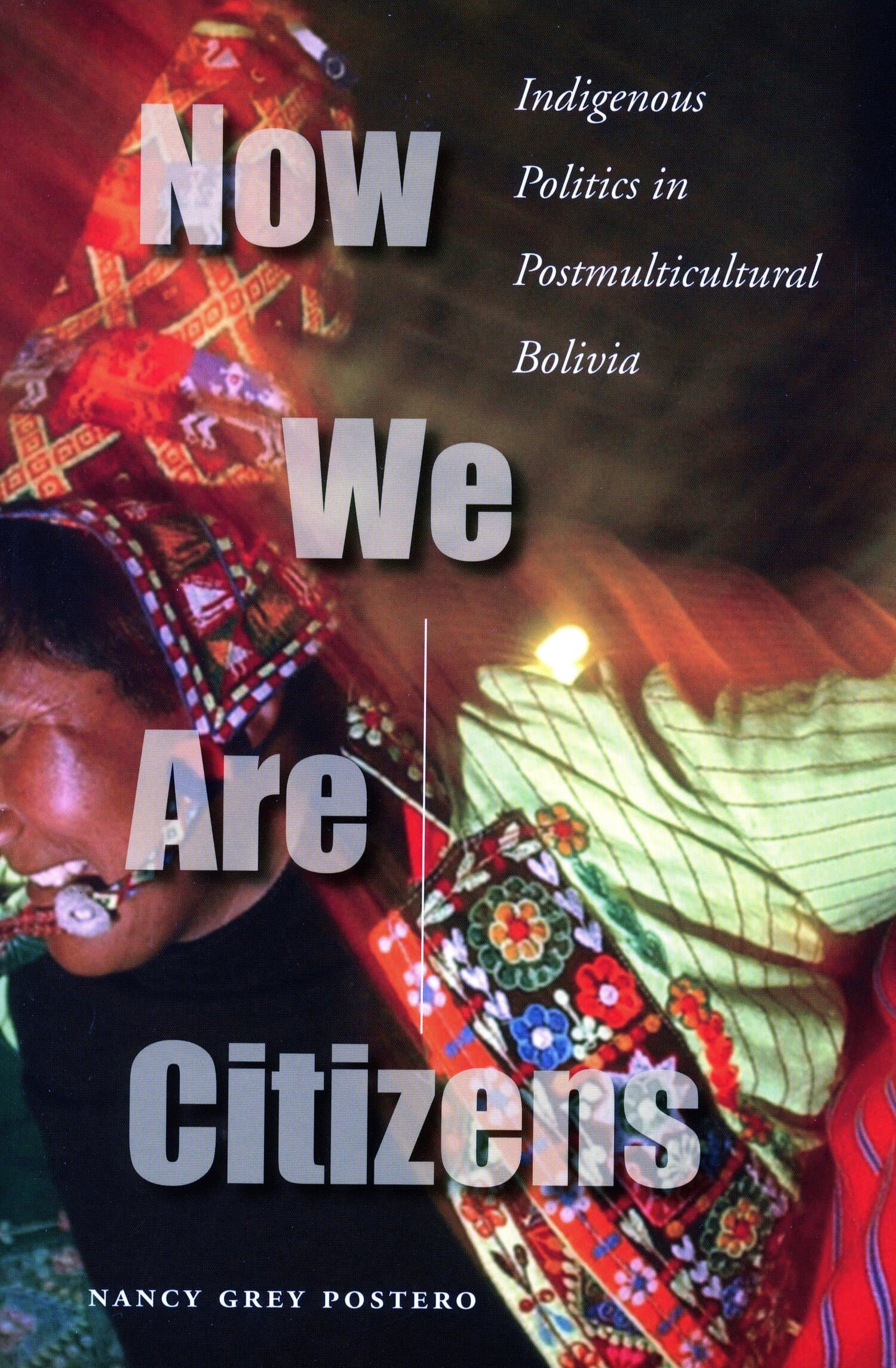Dilemmas of Modernity

Dilemmas of Modernity provides an innovative approach to the study of contemporary Bolivia, moving telescopically between social, political, legal, and discursive analyses, and drawing from a range of disciplinary traditions. Based on a decade of research, it offers an account of local encounters with law and liberalism. Mark Goodale presents, through a series of finely grained readings, a window into the lives of people in rural areas of Latin America who are playing a crucial role in the emergence of postcolonial states.
The book contends that the contemporary Bolivian experience is best understood by examining historical patterns of intention as they emerge from everyday practices. It provides a compelling case study of the appropriation and reconstruction of transnational law at the local level, and gives key insights into this important South American country.
"Mark Goodale's work is a provocative ethnography of law and liberalism in contemporary Bolivia. The author presents a robust analysis of law as a culmination of intersecting discourses and practices about individual rights. Goodale's ethnography contributes to legal anthropology by moving such conversations of 'legality' beyond the formal spaces of governance and into the often private and intimate places of everyday life."—Nicole Fabricant, Estudios Interdisciplinarios de America Latina y el Caribe
"The tone of the book is engaging and the issues raised are important and far reaching. Scholars and students familiar with the region or with the various bodies of literature he grapples with will appreciate many points of the discussion."—Andrew Orta, The Americas
"Goodale provides insight into local practices that reflect both universalism and morality in human rights discourses, through the example of the rise and fall of a legal resource center for women fleeing from abusive homes."—Jan Hoffman French, Journal of Anthropological Research
"The book is the product of a decade of sustained research, efforts to observe, documents and evaluate the role and meaning of liberal principles in different instances of social and political life in contemporary Bolivia. The result is an extensive and thought-provoking ethnographic study of law and liberalism in this (still) understudies country . . . The book is a welcomed addition that will be especially useful for graduate education and research across several subfields"—Raul Sanchez The Law and Politics Book Review
"Dilemmas of Modernity is a cunning ethnography of patterns of law, intention and meaning in Bolivia. Yet it is more besides: the book is a reflection on and demonstration of anthropology's relevance not just to the study of law but to the formation of what Goodale calls "theory pursued by the social." Goodale's interlocutors seek conceptual grounding for their forays into liberalism, rights discourse, and justice, bringing their identities and experiences to bear yet also engaging in their own acts of social theorizing, making an explicitly self-reflective 'modernity' along the way. Richly evoking the worlds of Bolivians' making—perhaps not as they would have chosen, yet in a sense still self-imposed—Goodale presents a fascinating study that is likely to reorient Andeanist scholarship as well as enhance the conversation in the anthropologies of law and modernity, and sociolegal studies on human rights, liberalism's vernacularization, and the paradoxes of the law's universalist claims in a world of wrenching particularities."—Bill Maurer, University of California, Irvine
"Goodale's examination of law and liberalism in Bolivia makes a compelling argument: that the social and political revolution underway in contemporary Bolivia, which seems to be a rejection of liberal strategies of the past decades, is in fact a renewal of the values of liberalism. Clear and often lyrical, this is an interesting and original contribution to the literature on Bolivia." —Nancy Postero, University of California, San Diego
"Mark Goodale convincingly argues that one can best understand the Bolivian experience only through examining the articulation of historical patterns of intention and concrete social practices. This is a fascinating read that presents much new and original analysis."—Shannon Speed, University of Texas at Austin




